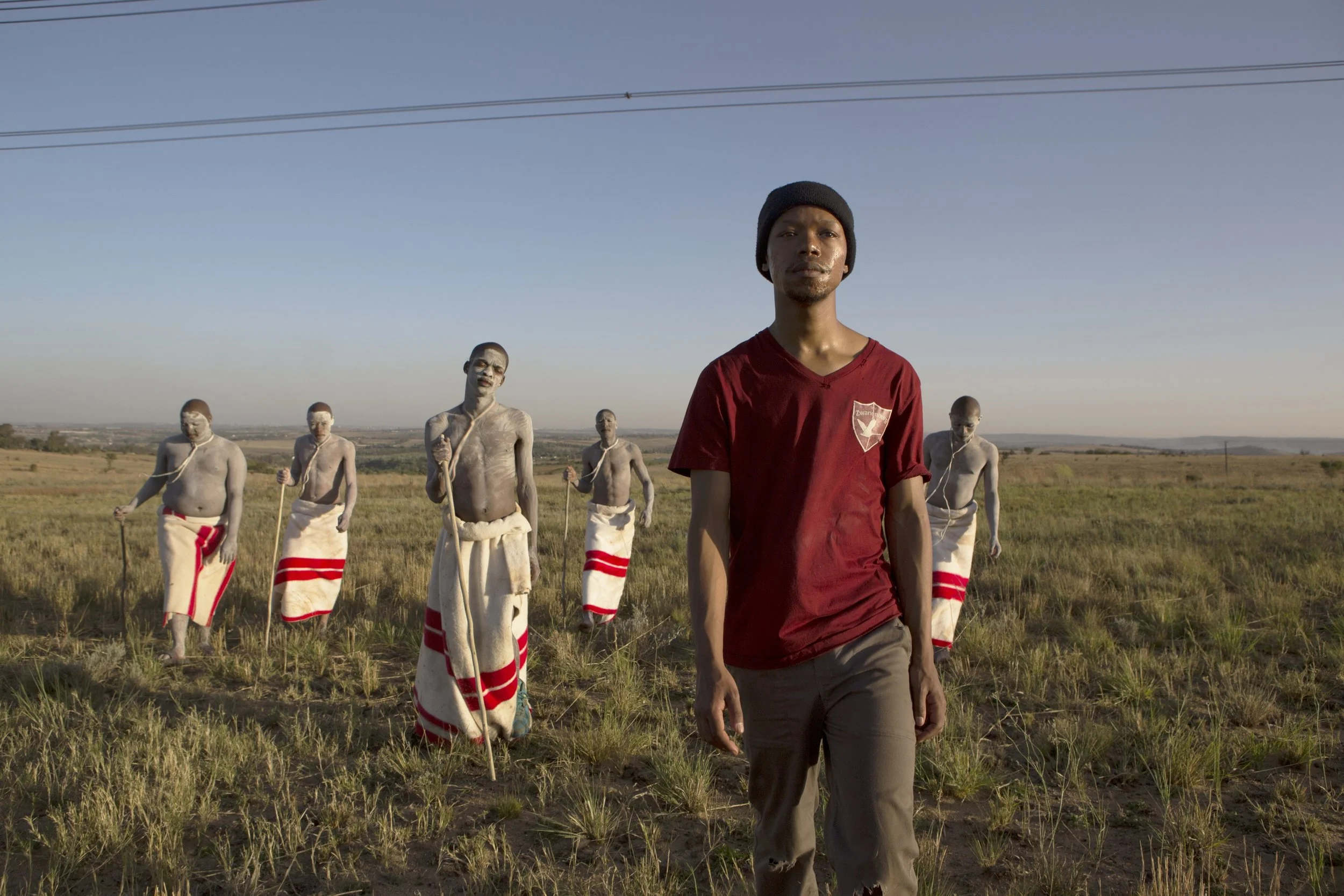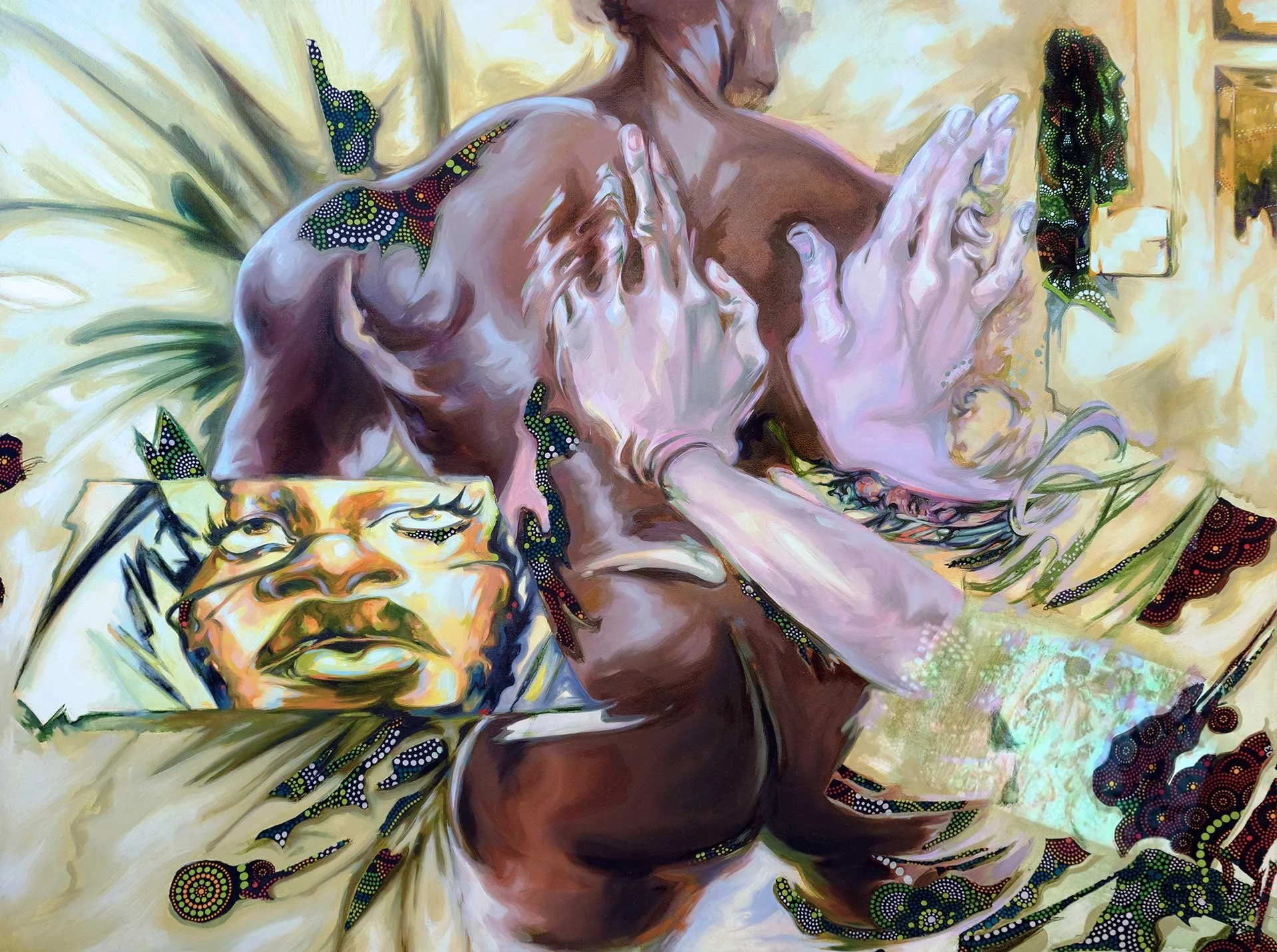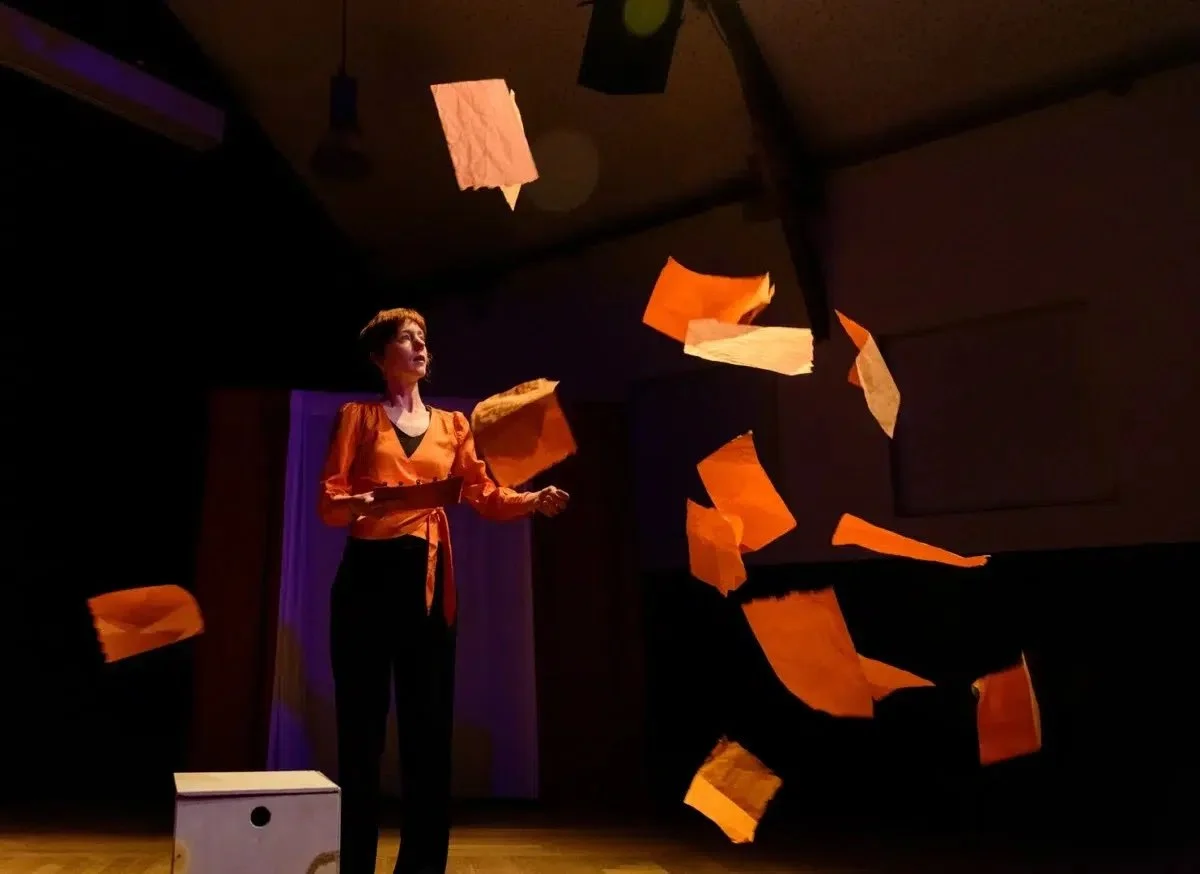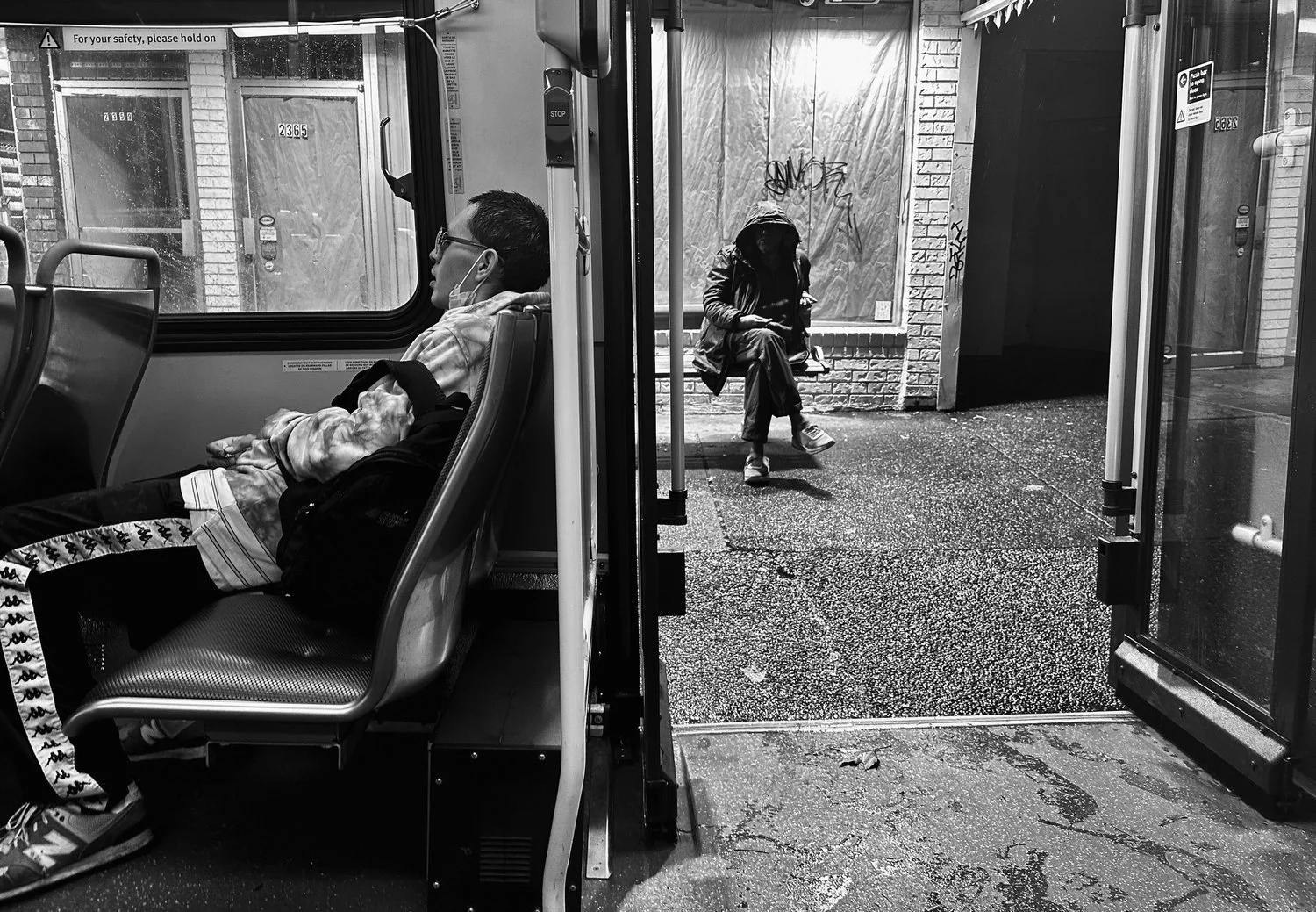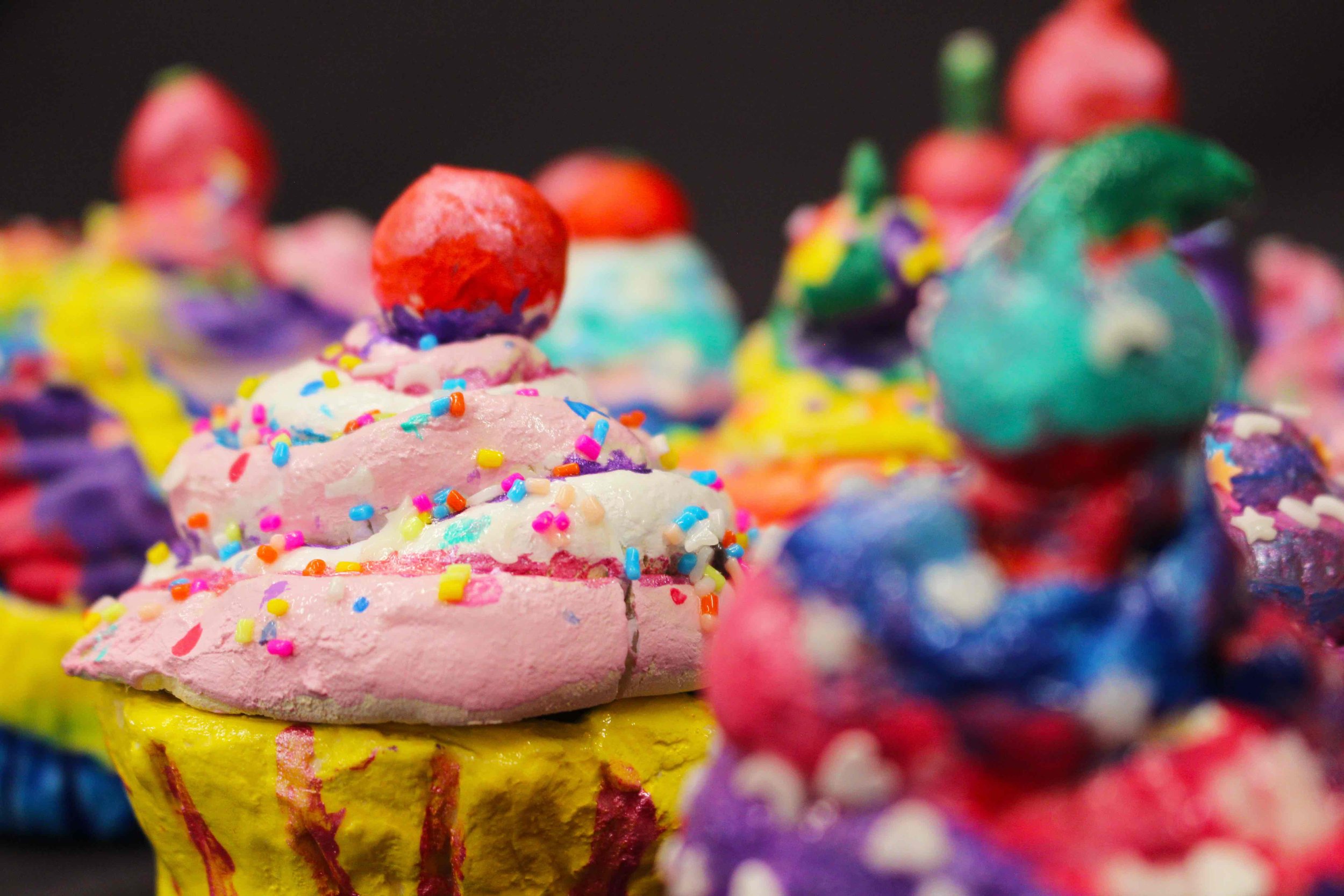The Polygon Gallery hosts To Wash Ourselves Clean Of Desire, May 1, 15, and 22
Series explores Rotimi Fani-Kayode’s practice through films, workshops, and lectures with queer Black and African artists and cultural producers
SPONSORED POST BY The Polygon Gallery
Inxeba (The Wound). Film still courtesy of Kino Lorber
At The Polygon Gallery, the programming series To Wash Ourselves Clean Of Desire explores the core facets of Rotimi Fani-Kayode’s practice, while introducing Vancouver audiences to a cohort of queer Black and African artists, thinkers, and cultural producers whose work exists within the same lineage. Like Fani-Kayode, these artists engage with themes of queerness, African and diasporic spiritual practices, and the entanglements of being a body in physical exile.
The series title is an interpolation of the verse “[i]nstructed … to wash ourselves clean of desire… to be saved from what threatened to convert us into stone” from Nigerian poet Romeo Oriogun’s A Sacrament of Bodies. In response to this verse and Fani-Kayode’s seminal Nothing to Lose (Bodies of Experience) series, the films, workshops, and lectures that comprise this program visualize a transformative approach to African queer identity.
The first event in the series, To Catch the Spirit of the Old Rites, will take place on May 1 at 7 pm. A screening of John Trengove’s acclaimed 2017 feature Inxeba (The Wound) will follow Oreoluwa Akinyode’s experimental short film “SHINING, IN PLAIN SIGHT”.
Odera Igbokwe’s Funeral Rights, 2025.
On May 15 at 7 pm, Odera Igbokwe will host Embodied Generations: Drawing + Movement Workshop. Drawing inspiration from Fani-Kayode’s early sketch work—on view in Tranquility of Communion—the guided live-figure drawing session invites reflection on the conventional and voyeuristic ways the Black body has been depicted.
And on May 22 at 7 pm, curator Moroti George will lead If Beauty Is The Mother Of Pathology, What Is Desire?, referencing works by Fani-Kayode, Cuban-born artist René Peña, and the late George Dureau as case studies in Black queer sexuality, representation, and homoerotic mythologies.
To Wash Ourselves Clean Of Desire seeks to define Black and African queerness on its own terms, with its own aesthetic, spiritual and political weight, and implications. Through several components, the series raises the following questions: What are the roots of desire? How do desire, spirituality, religion, and shame shape embodied selves? And how can vulnerability serve as a pathway to personal and communal healing?
To RSVP for events and learn more, visit The Polygon Gallery.
Post sponsored by The Polygon Gallery.
René Peña’s Untitled, 1996. Courtesy of Lucie Garcia Gallery



